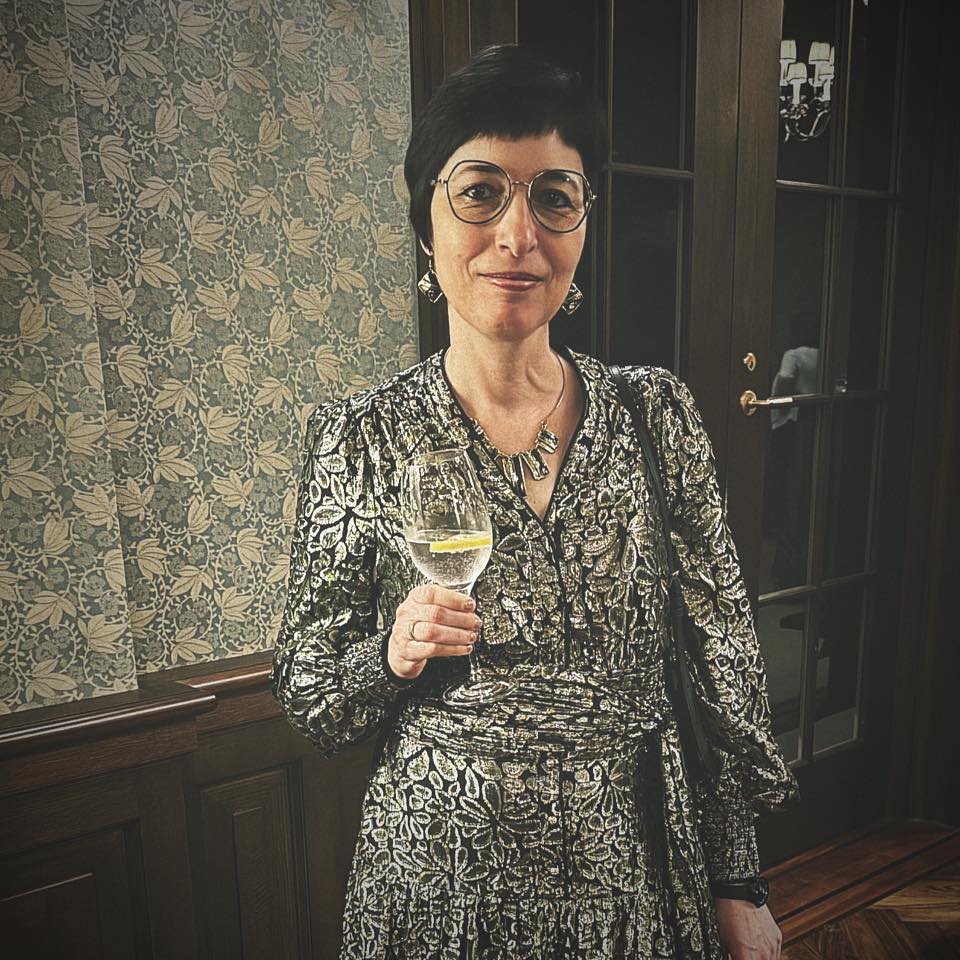‘Pop a pill to get perfect pitch’
mainTakao Hensch, professor of molecular and cellular biology at Harvard, is working on a drug that will enable anyone to gain perfect pitch.
Do we not hate that? Imagine an audience where every person pops a pill before the concert so that they can pick up every false intonation.
Somebody, take this professor out for a drink and give him a shove in the right direction.






A lot of truly great people did not / do not have perfect pitch:
Wager, Stravinsky, Bernstein, Abbado
Britten apparently had it then started losing it.
Really, who cares ?
Bernstein did have absolute pitch. A musician can live without it, but it does help, especially if you’re singing atonal music. Rappers, on the other hand, don’t need it as they only chant one note.
Sometimes they sing two notes, about a semitone apart.
When the pill wears off, it will be kind of like ‘becoming blind’. Speaking as one who does not have perfect pitch (yet).
I know one person, a choral singer, with perfect pitch who thinks it a curse. It makes baroque pitch a matter of actual transposition rather than just singing the usual intervals from a different lead note. And few choirs can sing for more than 3-4 min unaccompanied without *some* drift in pitch.
The Bernstein lack of PP is documented here:
http://www.egoldmidincd.com/absolute_pitch.html
This isn’t a new drug, it’s Depakote, which is common for treatment of seizures and bipolar illness. For anyone who wants to read the paper, the original journal article is titled “Valproate reopens critical-period learning of absolute pitch” and appeared in the journal “Frontiers in systems neuroscience”.
As someone with the ability, or affliction, let me make a few observations. First and foremost, whether you call it perfect pitch, absolute pitch, or just pitch, the ability to name a note without visual reference has not a thing at all to do with one’s ability to hear faulty intonation. That skill comes from careful listening, gradually training the ear to become more perceptive about gradations in pitch, which has more to do with relative pitch than PP. And one of my personal quirks is that I tend to think in Baroque pitch, perhaps from playing on and listening to period instruments. But if I hear a piece in modern pitch, I can usually make an instant adjustment, subconsciously perhaps, and hear the correct pitches. Going back and forth between low and modern pitch does tend however to weaken the overall skill.
And to close, I’ll share a little ditty I came up with a few years ago: Why was the pitch so low in Bach and Handel’s time? Because they were simply flat B’roque.
Per the story… the function of the pill is to make it easier to learn new things, not to endow perfect pitch. Pitch discrimination was the new thing the test subjects were tasked with learning.
So you won’t be able to pop a pill before a concert. You’ll still have to do the work of learning to recognize pitches. Damn.
As someone who has had this condition as long as I can remember, I liken it to an ability to remember colors. I can identify the note “C” just as I can recognize the color blue. I rather doubt that one could acquire this ability by means of a drug.
I don’t have absolute pitch but can still hear intonation errors very acutely. I can also tune pianos, though not to classical-concert quality in a resonable amount of time. These are different aural skills.
“Perfect pitch” doesn’t have much to do with the ability to hear intonation. Some can do both, but I’ve certainly known singers with “perfect pitch” who can’t match intonation with others. In that case, it’s hardly an advantage.
I don’t know about pills but this is pretty eye-opening stuff: http://absolutepitch-thewayin.weebly.com